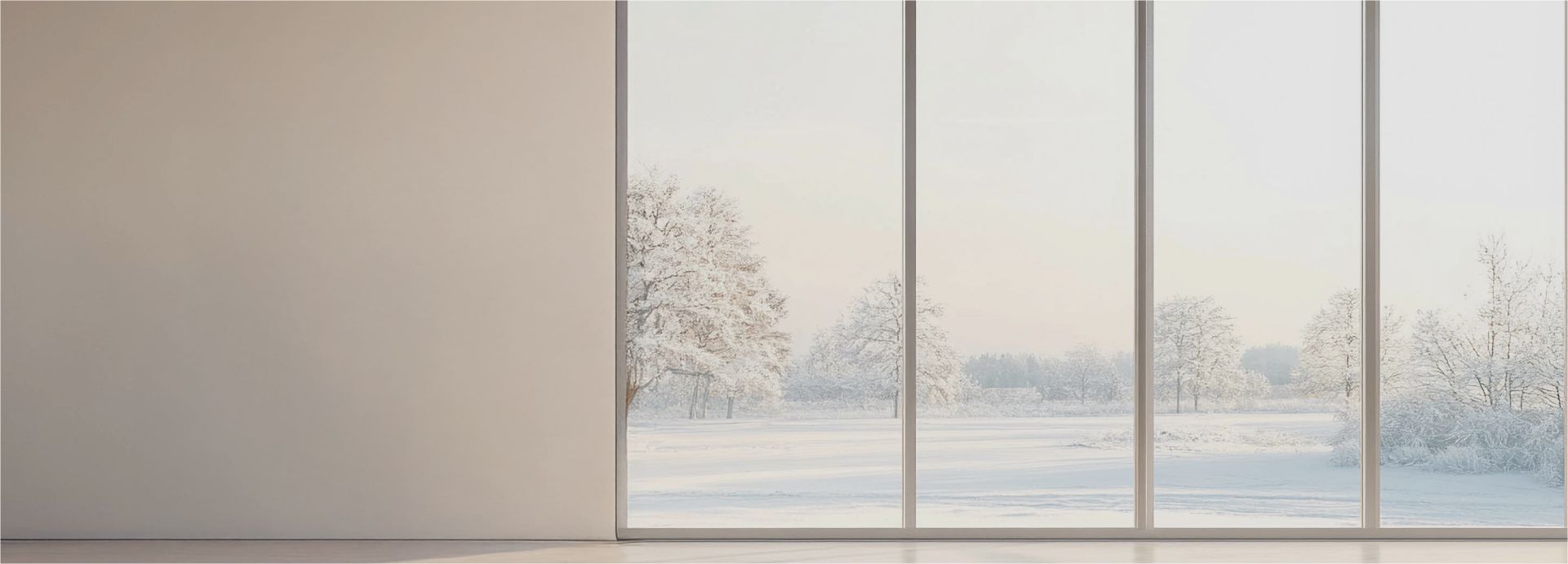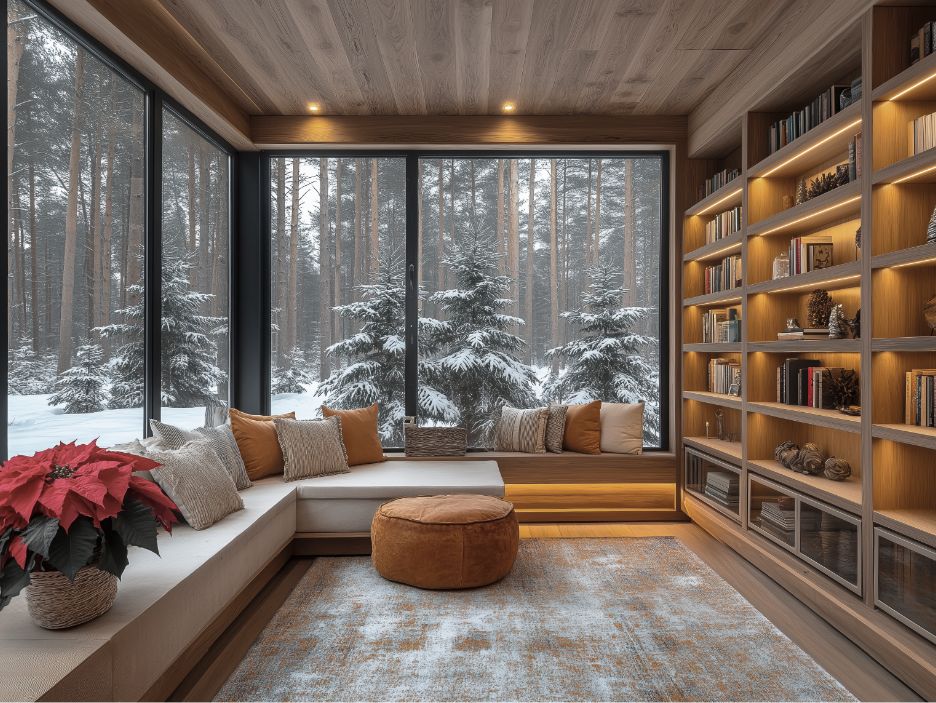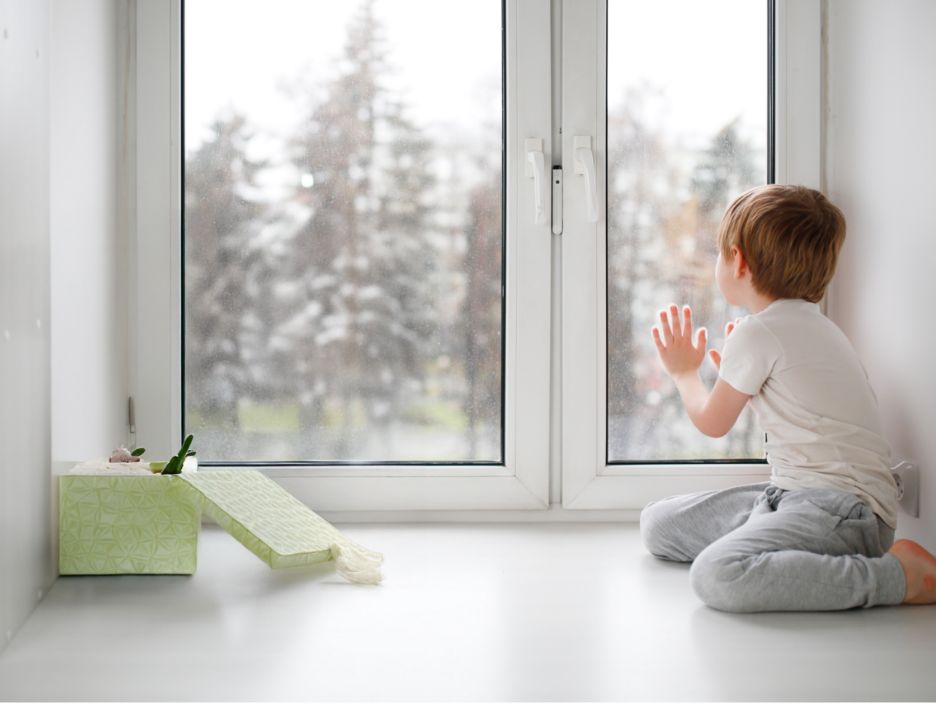
Energy Efficiency
Low Emission Glass
With the growing emphasis on conserving our planet’s natural resources, it’s crucial to use energy-efficient glass to prevent heat from escaping through your windows into the cold outdoors.
Thanks to our partnership with trusted suppliers, we offer our own brand of low-emissivity glass, Ecopane and Ecopane Plus.
By installing low-emissivity glass, you can significantly improve your Window Energy Ratings (WER) and reduce energy loss through your windows by up to 75%. Given these benefits, alongside the increasing need to maximize natural resources and reduce our carbon footprint, it’s clear why more people are choosing higher WER-rated windows. These windows, which incorporate low-emissivity glass, offer substantial savings on heating costs when added to existing window frames.

Ecopane Glass
Ecopane and Ecopane Plus are Press Glass’s market offerings for soft-coat low-emissivity glass.
The use of hard-coat low-emissivity glass has steadily declined over time, primarily due to changes in legislation, as hard-coat products tend to have higher ‘U’ values and are less energy-efficient.
This shift has paved the way for the next generation of soft-coat low-emissivity glass—Ecopane and Ecopane Plus. Our soft-coat products provide superior thermal performance and offer a more neutral appearance compared to the earlier hard-coat low-emissivity products.
Three times the
thermal insulation
The most popular window units are double-glazed. Our double-glazed sealed units, incorporating Ecopane and argon gas, provide enhanced thermal insulation compared to standard double glazing. They also meet the latest building regulations, whether by Window Energy Rating (WER) or overall Window U-value for compliance.
Sealed units with Ecopane and argon gas are among the best-performing units on the market, achieving a centre pane U-value of 1.20 W/m²K in a double-glazed unit.
To further boost thermal efficiency, a triple-glazed unit with two panes of Ecopane achieves a remarkable U-value of 0.60 W/m²K.
Our Ecopane Plus glass features a higher-spec low-emissivity soft-coat. In a double-glazed unit, it achieves a centre pane U-value of 1.0 W/m²K, while in triple glazing, it achieves an impressive 0.50 W/m²K.
Optimal temperature in rooms
The level and distribution of air temperature can greatly affect your indoor comfort. During winter, you may experience a noticeable drop in temperature, especially near windows. However, thermally insulated glass units, which can cover up to 70% of the window surface, help eliminate this issue by minimizing temperature fluctuations.
In the summer, the sun’s rays can cause overheating inside a building. This can be addressed by incorporating solar control glass, which reduces overheating while still allowing a high level of light transmission.
Thermally insulated glass provides excellent heat retention in winter, limiting heat loss from the building while maximizing natural heat gain. This not only helps you manage energy use by reducing consumption but also contributes to lowering CO2 emissions.

Reducing the cost of heating
All properties and buildings will inevitably lose some heat through their windows, walls, and roof. However, you can take steps to minimize this heat loss. Using thermally efficient glass in windows helps reduce energy costs and benefits the environment. By reducing the amount of heat escaping through the windows, you can lower your heating usage—turning it down by a degree or two or running it for shorter periods.